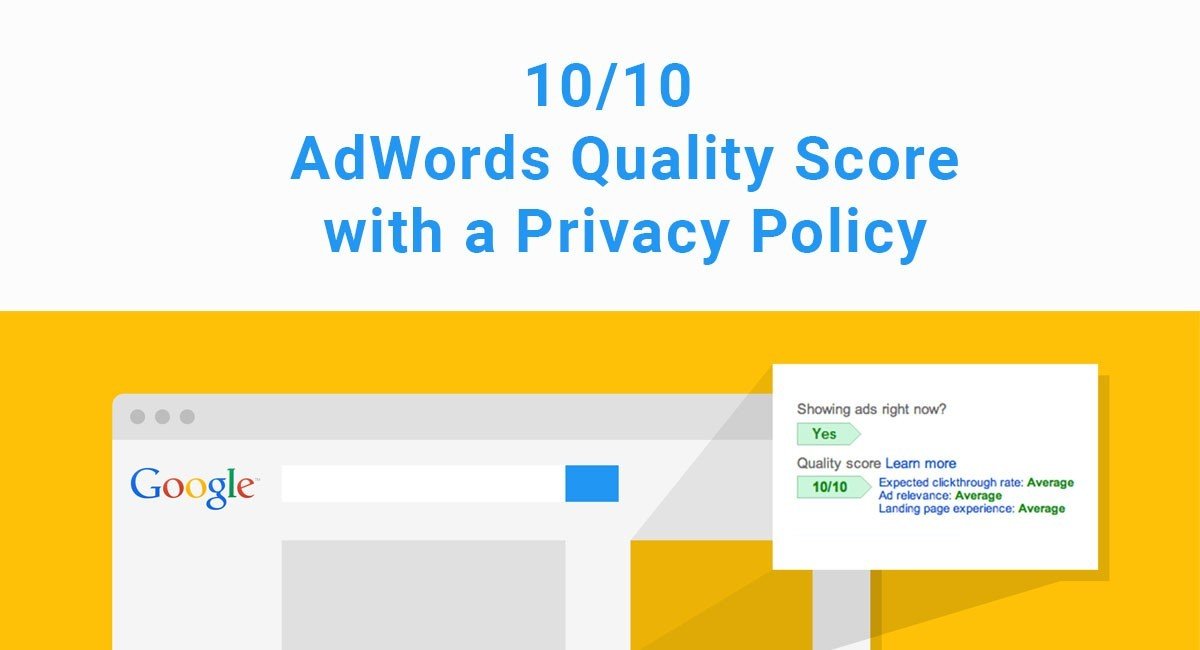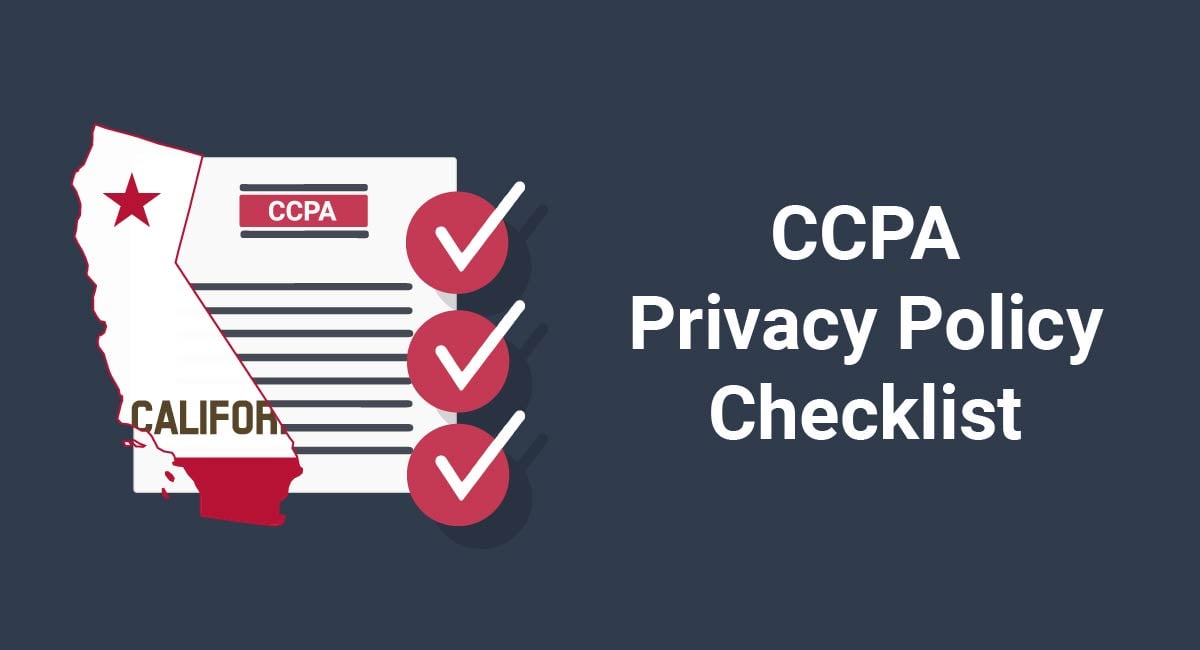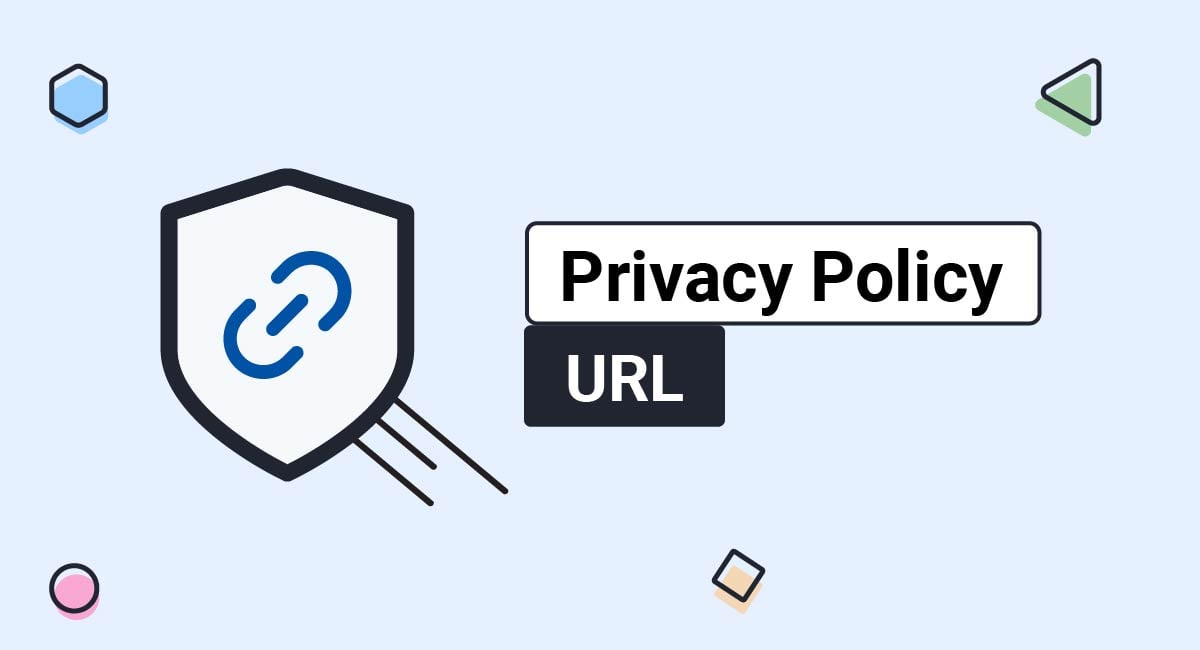A "Privacy Policy" agreement is required by law if you collect personal data, but the agreement might also help you get a better Quality Score with your Google AdWords campaigns.
The Quality Score is a measurement of how relevant your ads, keywords, and landing page that links from the ad to your website are to a user seeing your ad through the Google AdWords platform.
Landing pages usually have a call-to-action: a "Buy Now" button, a "Download Now" or a registration form where you ask users to fill in information about them.
This means that most landing pages, either used through a Google AdWords campaign or not, collect personal data from visiting users. If you ask for information from users through a web form, it's a direct transfer of data.
This is why it's a best practice to always link to your legal agreements because the landing page requires a visible Privacy Policy - even if it's a simple landing page with no website navigation.
Our Privacy Policy Generator makes it easy to create a Privacy Policy for your business. Just follow these steps:
-
At Step 1, select the Website option or App option or both.

-
Answer some questions about your website or app.

-
Answer some questions about your business.

-
Enter the email address where you'd like the Privacy Policy delivered and click "Generate."

You'll be able to instantly access and download your new Privacy Policy.
Most companies choose to do this through the footer section of their websites:

The "Setup and basics help pages" of Google AdWords don't mention if your landing page would lead to a better Quality Score if it has a Privacy Policy.

It states that the "Quality Score" given to your ads is based on your landing page user experience which includes factors such as:
- Are you upfront about any information you're collecting from visitors?
- Can people trust that you'll safeguard the information they give you? Is it clear how that information will be used to benefit them?
These two points above translates into protecting user data. Your Privacy Policy agreement is the where you inform users about your use and processing of personal data.
A well-designed landing page can give you a better score on the ad campaigns. Having a good score means that you'll pay less for running the campaigns.
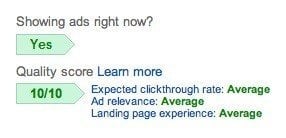
While neither of Google AdWords help pages don't clearly mention if you need or you don't need a Privacy Policy, keep in mind that the agreement is required by law if you collect personal data:
- Email address
- First and last name
- Log data, such as IP address
- Mailing address
- A customer's website name, blog title or a customer's own company name, size etc.
However, if you use Google AdWords for remarketing then you need the agreement. The use of remarketing campaigns require a Privacy Policy, as indicated by Google AdWords rules:
While remarketing can be a great way to attract past visitors back to your site, you should inform these people that you gather information for remarketing or similar audiences on your website.
You shouldn't only include a link to your Privacy Policy on just the landing page, but also add make sure the link is part of your entire website.
The AdWords system regularly reviews your ads and landing pages and probably your website in order to "score" the user experience. For example, disabling the AdWords' bot can get your account suspended from AdWords campaigns:
By default, the AdWords system reviews advertised landing pages to assess landing page experience. If you don't want some of your landing pages to be reviewed, you can follow the steps below to restrict the AdWords system from visiting those pages. However, if you do this, you may end up with a significant drop in Quality Score because we won't have as much information to determine your landing page experience and relevance.
This means your ads may show far less often unless you significantly increase your maximum cost-per-click (in shorthand, your bid). Even with higher bids, however, it is unlikely your ads would show very often and may not even show at all.
Also note that if you restrict access to your entire site, or if you restrict access to so many of your landing pages that it makes it difficult for the AdWords system to meaningfully review your account, your site will be suspended.
Because most landing pages are also used to get leads or just get the email address of a user, it's recommended to include a link to your Privacy Policy at the form fields through which you're collecting the pieces of personal information, i.e. the email address.
HubSpot Marketing Library forms have a link to HubSpot's Privacy Policy:
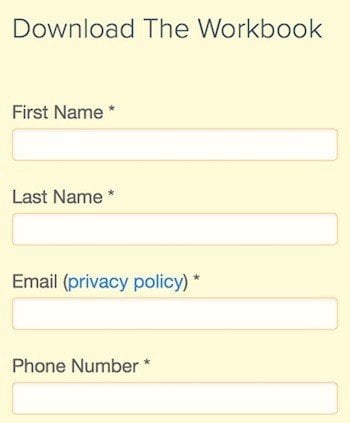
If you decide not to link from a web form, at minimum have the link to your Privacy Policy in the footer of your website and on your landing page.
Amazon is placing its "Privacy Notice" in the footer section across all its web pages of the website:
![]()
While not "officially" required by AdWords to have this kind of legal agreement on any of your landing pages or even the entire website, doing so be used successfully to increase your Quality Score.
You're being transparent with your users about what data you're gathering from them. This is a checklist point that the AdWords system consider when measuring the user experience of the landing page.

Comprehensive compliance starts with a Privacy Policy.
Comply with the law with our agreements, policies, and consent banners. Everything is included.
